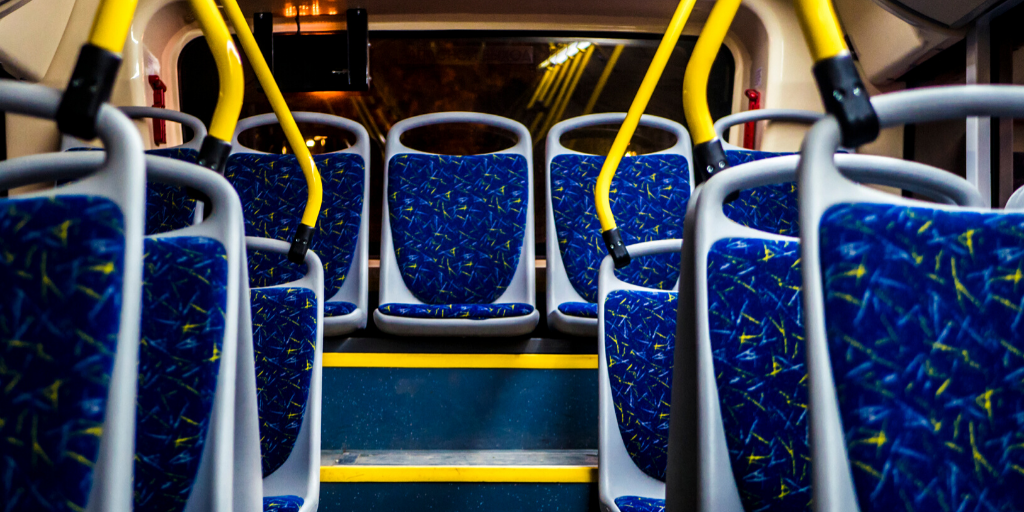Two guests stop by to continue the transportation conversation — Jarred Johnson, director of TransitMatters and Brenna Robeson, lead coordinator at Zero Fare WRTA Coalition.
Jarred is eager to see the electrification spelled out in the transportation bond bill take place because, as he describes, the communities hardest hit by COVID-19 are those near train lines and highways. He also sees Regional Rail as a boon for economic development in Gateway Cities, with the potential to cement them as go-to places to live and work.
Both Brenna and Jarred are advocates for eliminating transit fares. Brenna provides insights on how the Zero Fare WRTA Coalition in Worcester seeks to eliminate fares as a means of boosting ridership, and therefore increasing the city’s livability.
The MBTA in response to the pandemic allows for back-door boarding on buses, making rides effectively free. But, Jarred explains about the plan to start charging fares again in late July, “we think that’s entirely the wrong idea. We think that they should be moving towards all-door boarding.” This move, he says, could offer operational savings, reduce crowding, increase frequency and improve safety.
Jarred says the $35 million needed to supplement bus fares is, in the grand scheme of things, even considering the pandemic, “not that much,” and describes making local buses free, “a very, very doable endeavor.”
